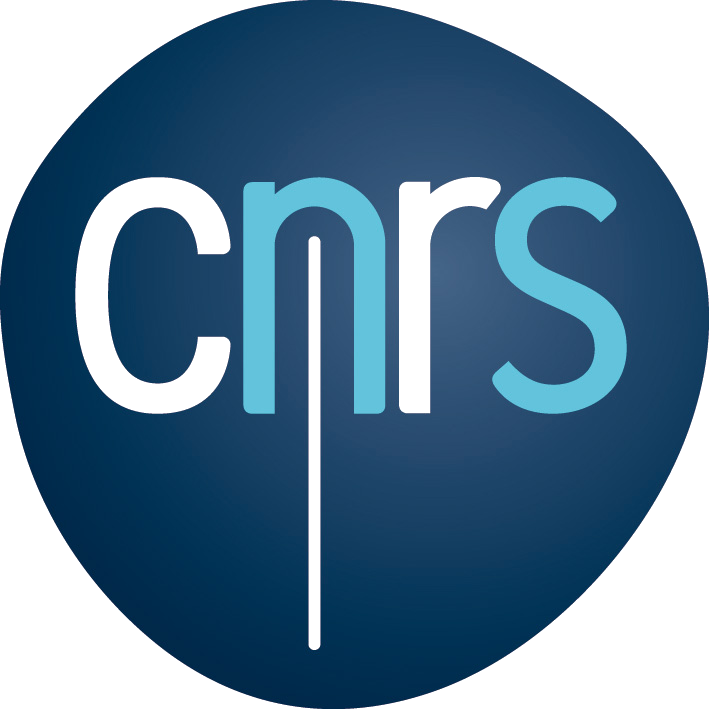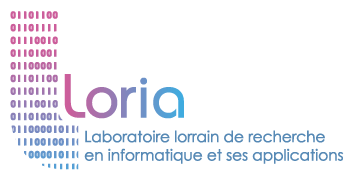Author's posts
Sep 17
Lead2Gold: Towards exploiting the full potential of noisy transcriptions for speech recognition
Speaker: Adrien Dufraux Paper by Adrien Dufraux, Emmanuel Vincent, Awni Hannun, Armelle Brun, Matthijs Douze, submitted to ASRU 2019 Date: Sep 05, 2019 at 10:30 – C005 tl;dr: Learn an ASR model from noisy transcriptions. At training time, we search better transcriptions by incorporating a noise model into a differentiable beam search algorithm. Abstract: The transcriptions …
Sep 06
Introduction of semantic information in speech recognition
Speaker: Stéphane Level Date: September 12, 2019 at 10:30 – C005 Abstract: Automatic Speech Recognition (ASR) is a growing industry. Indeed, there is an increasing demand from the industry for recognition systems or voice commands. The industrial use of this technology requires to have reliable and performing methodology. Current automatic speech recognition systems only use acoustic …
Aug 20
Natural Language Processing: Online hate speech against migrants
Speaker: Ashwin Geet D’Sa Date: August 29, 2019 at 10:30 – C005 Abstract: The spectacular expansion of the Internet led to the development of a new sector in the natural language processing field: automatic Hate Speech detection, as in many countries hate speech is prohibited. There is no clear and formal definition of hate speech, offensive …
May 01
Semi-supervised triplet loss based learning of ambient audio embeddings
Speakers: Nicolas Turpault Date: May 05, 2019 at 10:30 – C005 Abstract: Deep neural networks are particularly useful to learn relevant representations from data. Recent studies have demonstrated the potential of unsupervised representation learning for ambient sound analysis using various flavors of the triplet loss. They have compared this approach to supervised learning. However, in real …
Apr 28
Expressive Text Driven Audio-Visual Speech Synthesis
Speaker: Sara Dahmani Date: April 29, 2019 Abstract: In recent years, the performance of speech synthesis systems has been improved thanks to deep learning-based models, but generating expressive audiovisual speech is still an open issue. The variational auto-encoders (VAE)s are recently proposed to learn latent representations of data. In this presentation, we present a system …
Apr 17
Traitement automatique et mesure d’intelligibilité de la parole pathologique
Speaker: Imed Laaridh Date: April 24, 2019 at 14:00 – C005 Abstract: L’intelligibilité de la parole est au cœur des interactions humaines. La problématique de son évaluation intéresse particulièrement la qualité de la transmission de la parole à travers différents milieux ou transducteurs, la compréhensibilité de la parole en cas de déficit de production ou de …
Mar 26
VoiceTechnology and Studio Maia
Speakers: Mathieu Hu and Yassine Boudi Date: March 28, 2019 at 10:30 – C103 Abstract: VoiceTechnology is a joint project between Inria innovation Lab and the recording studio Studio Maia. The goal of the project was to adapt methods of automatic speech recognition, speaker spotting and speech synthesis to the specific needs of Studio Maia. In …
Mar 20
Hunting Echoes for Auditory Scene Analysis
Speaker: Diego DI CARLO Date: March 21, 2019 at 10:30 – C005 Abstract: Did you remember the Marvel’s movie about the superhero Daredevil? He is blind, but thanks to an enhanced hearing he become a radar-man: he can visualize the sound propagation and so retrieve an image of the surrounding space. This is done blindly, that …
Feb 13
Generative FLOW for expressive speech synthesis
Speaker: Ajinkya Kulkarni Date: February 14, 2019 at 10:30 – C005 Abstract: Recently, Generative FLOW based architecture have been proposed for generating high quality image generation. The major challenges in machine learning domain are ability to learn the representation from few data points and ability to generate new data from learned representation. In this talk, we …





